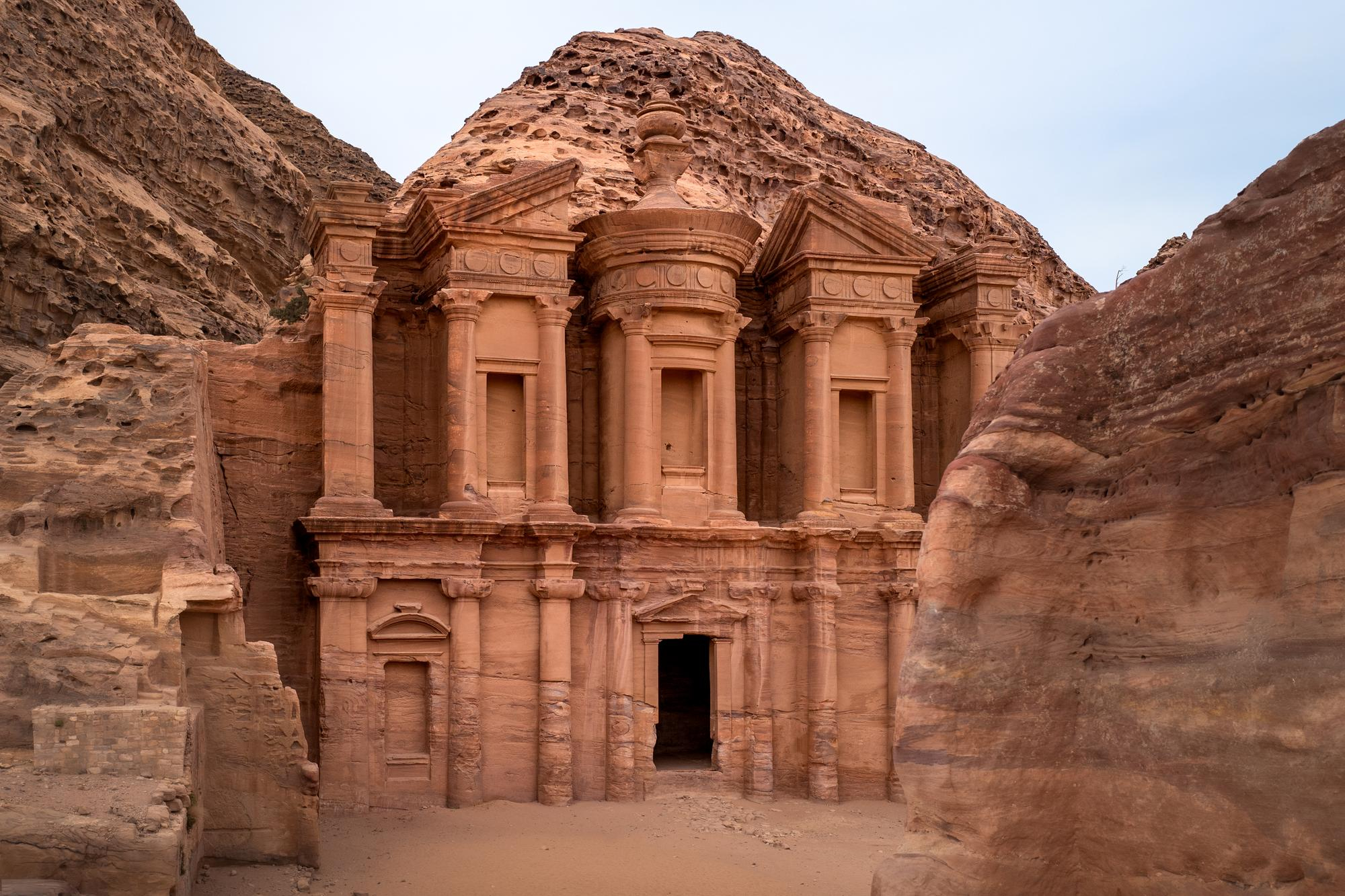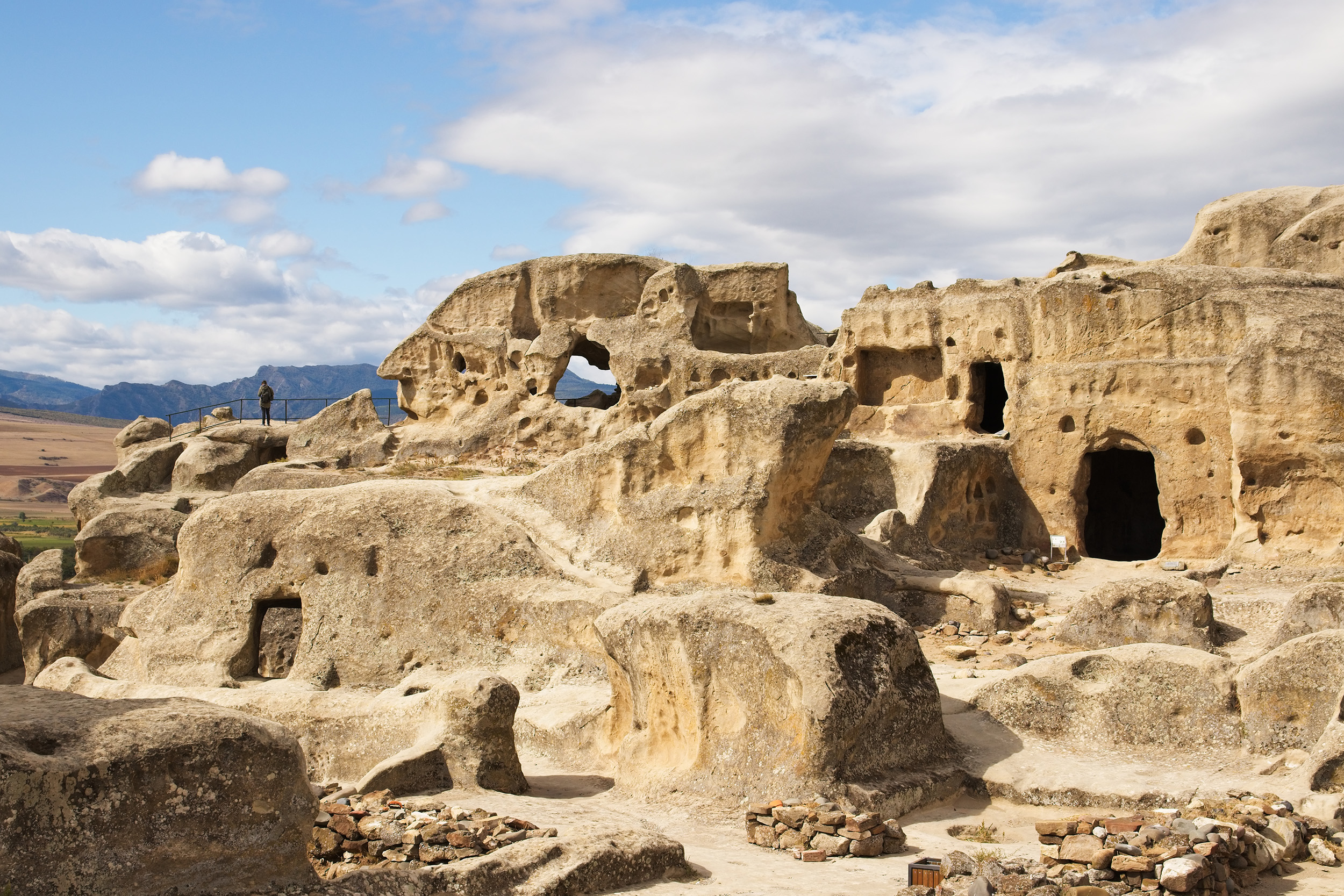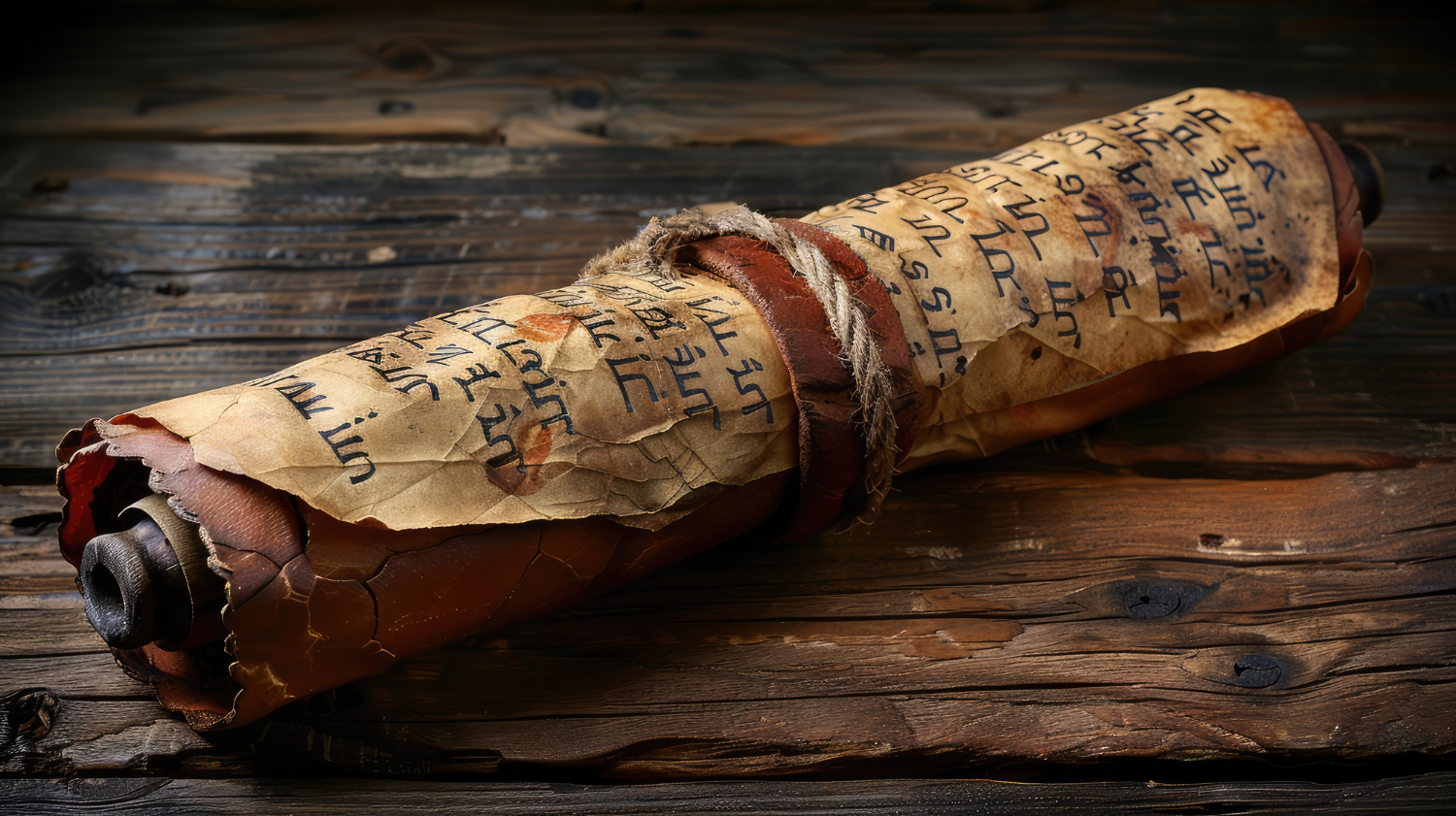Joshua 2
INTRODUCTION
The ancient city of Jericho was known as the “City of Palms” and was situated six miles east of the Jordan River in what was to become central Palestine. It was a city in the wide plain where the Jordan Valley broadens between the Moab Mountains and the western precipices. Further, “from the manner and frequency in which it is referred to, it would seem to have been the most important city of the Jordan Valley at that time (31:12; 34:15; 35:1; etc.).

It had a king. Walls enclosed it, and its gate was regularly shut, according to eastern custom, when it was dark… the presence of a Babylonian garment (Joshua 7:21) betokens its commerce with the East. Rahab’s house was upon the wall.
Nelson’s encyclopedia notes:
Jericho was one of the oldest inhabited cities in the world. Situated in the wide plain of the Jordan Valley (Deuteronomy 34:1,3) at the foot of the ascent to the Judean mountains, Jericho lies about 13 kilometers (8 miles) northwest of the site where the Jordan River flows into the Dead Sea, some 8 kilometers (5 miles) west of the Jordan. Since it is approximately 244 meters (800 feet) below sea level, Jericho has a tropical climate that is often very hot. Only a few inches of rainfall are recorded at Jericho each year, but the city is a wonderful oasis, known as “the city of palm trees” (Deuteronomy 34:3) or “the city of palms” (Judges 3:13). Jericho flourishes with date palms, banana trees, balsams, sycamores, and henna (Song of Songs 1:14; Luke 19:4).
Sounds rather like a place vacationer would like to go, yet, from a spiritual point of view, it was a place that Jehovah could not tolerate, for it was the seat of Canaanite moon worship ruled over by a king who was viewed as a deity.
RAHAB: ISRAEL’S JEHOVAH OR CANAAN’S GOD-KING
The story of Rahab is more than just a narrative of a Canaanite prostitute who became an Israelite proselyte. The war between the Israelites and the city of Jericho was, in the eyes of most in the ancient Canaanite world, a war of contending gods. Each of us must decide between the God of heaven and the god of this world. Why would a woman immersed in a culture devoted to their city-god (Jericho’s king) convert to the true and only God of Israel? For the Canaanites of Rahab’s day, the issue of who was the real god was far from settled—that is, before Jehovah broadcast His might to the nations through the plagues He brought on Egypt, through the blast of wind in dividing the Red Sea and through His destruction of Kings Sihon and Og with their nations just east of Jericho on the Eastern side of the Jordan River. In Rahab’s own words, all of Jericho and all the inhabitants of the land learned of the true God through reports they had heard, probably from traveling merchants. Rahab explained to the spies Joshua sent into Jericho.
I know that the LORD has given you the land, and that the terror of you has fallen on us, and that all the inhabitants of the land have melted away before you. For we have heard how the LORD dried up the water of the Red Sea before you when you came out of Egypt, and what you did to the two kings of the Amorites who were beyond the Jordan, to Sihon and Og, whom you utterly destroyed. And when we heard it, our hearts melted and no courage remained in any man any longer because of you; for the LORD your God, He is God in heaven above and on earth beneath (Joshua 2:9-12 NAS).
The God of Israel had come to challenge the city-gods of the Canaanite world. Jehovah’s fame and might had been broadcast through traveling merchants of the consuming strength of God over Egypt and her gods. During the forty years of Wilderness wanderings, Moses reminded the Israelites, While the Egyptians were burying all their firstborn whom the LORD had struck down among them. The LORD had also executed judgment on their gods (Numbers 33:4 NAS). Jehovah had challenged and defeated the gods of Egypt! The Egyptian no-gods were uselessand defenseless to stop the march of Jehovah during the Ten Plagues, and the world was watching! Aker (helper of the dead), nor Isis (goddess of healing), nor Meskhenet (goddess protector of newborns) could return the breath of life to the firstborn of Egypt. Aton (sun-god) could not pierce the blanket of thick darkness thrown over the land. Ra (god of sun, earth, and sky), nor Seth (god of crops and storms) could haul Jehovah’s invading locust or the destruction of hail which devastated the crops of Egypt. God announced His existence against the backdrop of the non-existent gods of Egypt, and He made sure the world heard about what had happened. God had destroyed things that the Egyptian gods were expected and relied on to protect, but the lifeless Egyptian gods had not answered God’s attacks or lifted a hand to halt Jehovah! In a song of praise after Jehovah closed the Red Sea on Pharaoh and the pursuing Egyptians, Moses extolled the mighty judgments of God on Egypt and the impact the news of those judgments would have on sinful nations of the world. (To be Continued)
Written By:
Austin Faires
Faulkner University BS Biblical Studies, Liberty University Masters Degree Counseling. Mendoza School of Business University of Notre Dame 4 Certificates of Achievement, 6 archaeological excavations to Tel Beth Shemesh, Israel, 7 mission trips to Cuba, married 57 years, elder University Church of Christ Montgomery, AL, member Society of Biblical Literature, National Intercollegiate Debate Society, Faulkner’s Near Eastern Archaeological Society.
faustin2046@gmail.com








